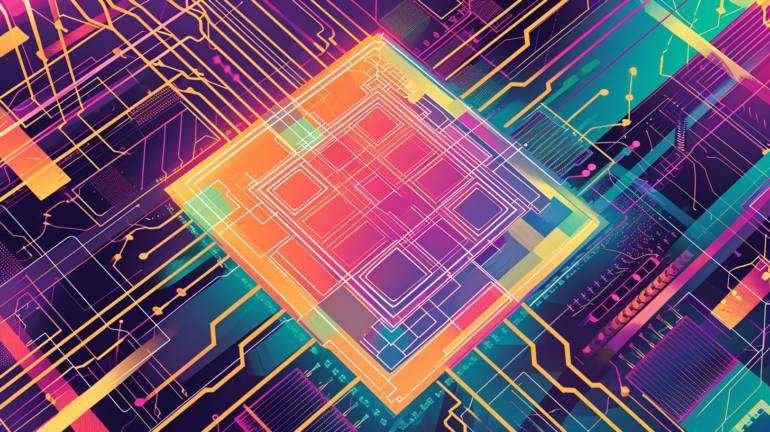OpenAI’s Bold Step into AI Hardware
OpenAI is preparing to release its first AI chip by 2026. Partnering with Broadcom, the company aims to reduce reliance on third-party hardware. This strategic move marks a significant milestone in the competitive AI industry.
Why OpenAI is Building Its Own AI Chip
The demand for AI infrastructure continues to grow worldwide. OpenAI currently depends on NVIDIA chips, which dominate the AI market. By designing its own chip, OpenAI plans to improve performance and control supply chain risks. This approach could also lower operational costs in the long term.
The Partnership with Broadcom
Broadcom brings deep expertise in semiconductor design and manufacturing. Collaborating with Broadcom will accelerate the chip’s development and ensure top-level efficiency. The partnership highlights the importance of collaboration between AI leaders and chipmakers.
A New Era of AI Performance
Custom-built chips can optimize large language models and generative AI tools. OpenAI’s new chip may deliver faster processing, better scalability, and energy efficiency. These improvements are crucial as AI adoption expands across industries like healthcare, finance, and education.
Impact on the AI Market
OpenAI’s entry into chip production could intensify competition. Major players such as Google, Microsoft, and Amazon already invest heavily in custom chips. OpenAI’s move positions it as a stronger competitor and could reshape market dynamics.
Benefits for Businesses and Users
The new chip will enable more powerful AI applications with lower latency. Businesses using OpenAI technology can expect improved performance and reliability. Users will likely see faster, more accurate, and cost-effective AI-driven solutions.
Challenges Ahead for OpenAI
Developing chips is a complex and costly process. OpenAI must balance research, production, and large-scale deployment. The company will face competition from established semiconductor giants and rival AI firms. Success will depend on innovation, scalability, and timely execution.
Conclusion
The launch of OpenAI’s first AI chip in 2026 marks a pivotal moment in the AI revolution. Partnering with Broadcom, the company is set to transform AI infrastructure with custom-designed hardware. This move will enhance performance, reduce dependence on external suppliers, and redefine the future of AI technology.


